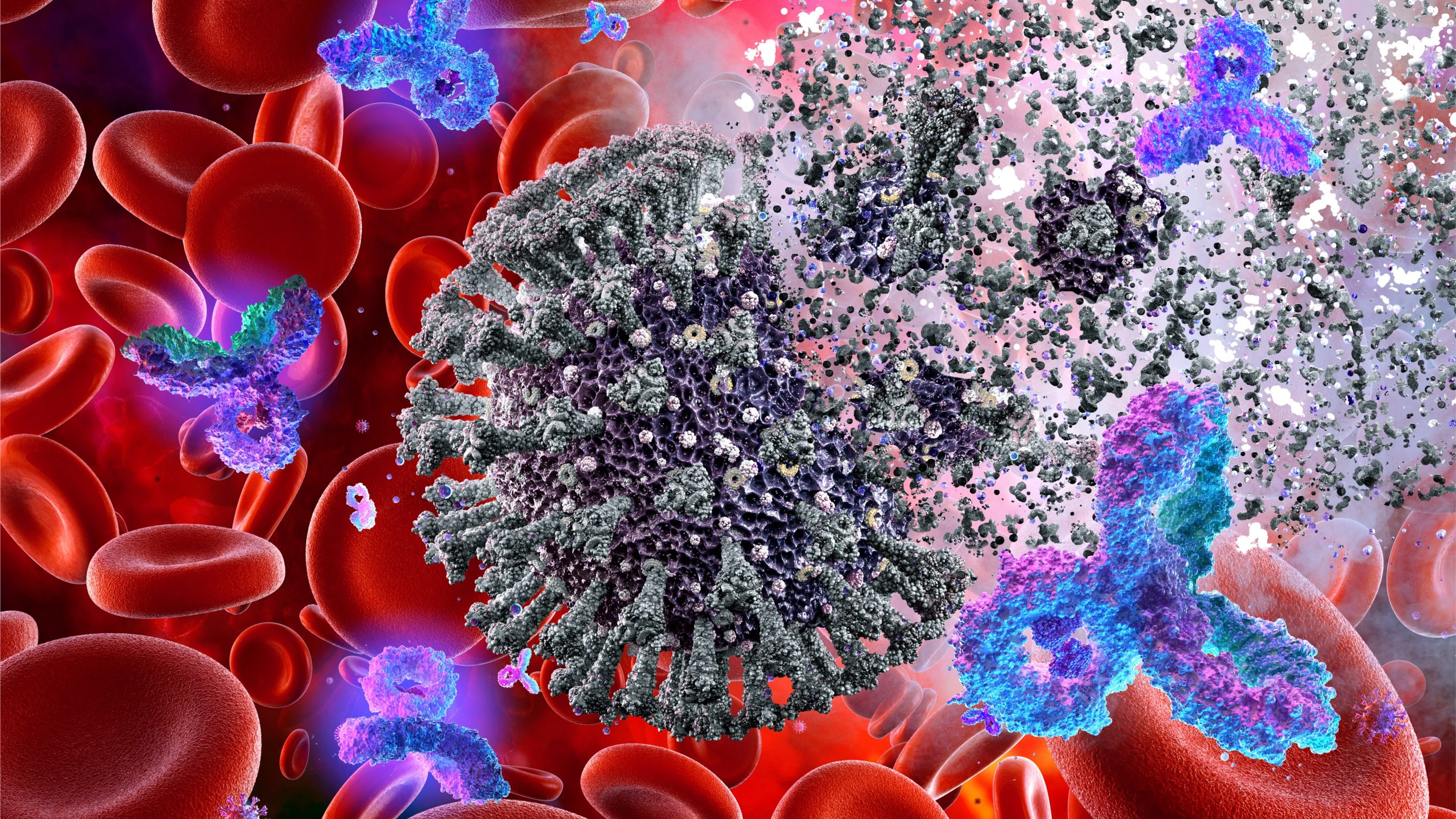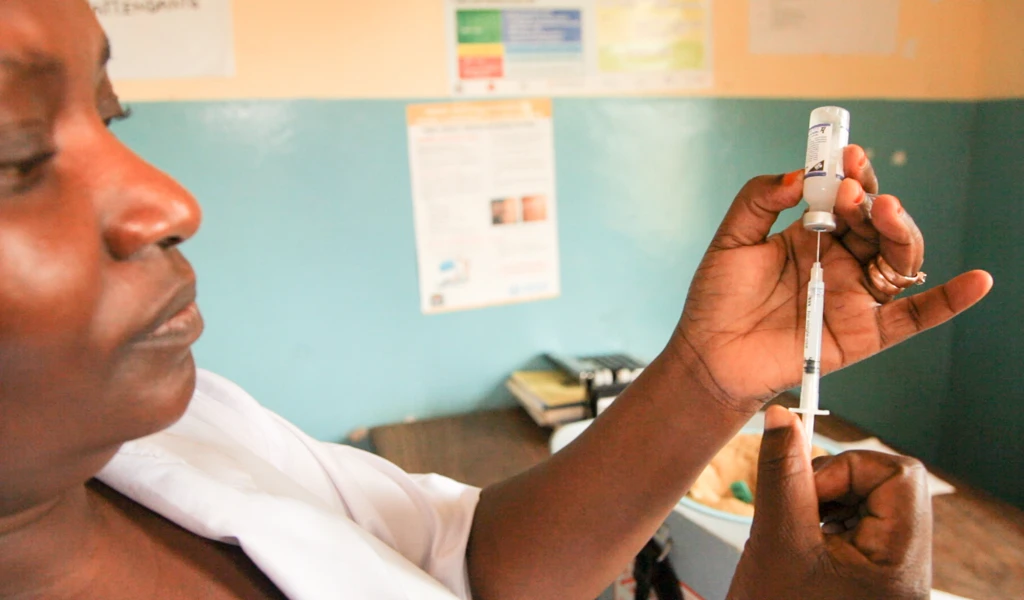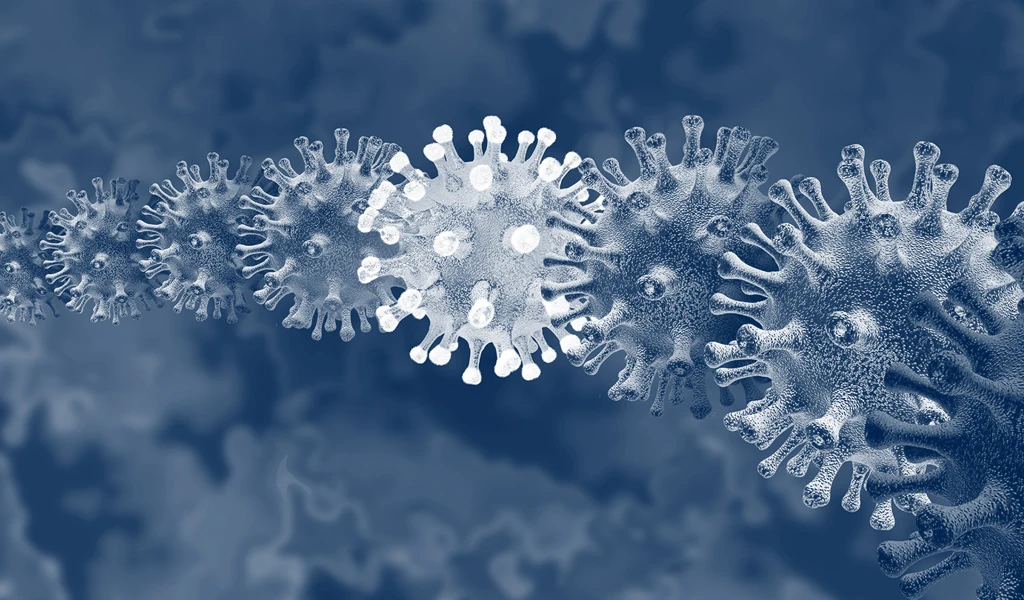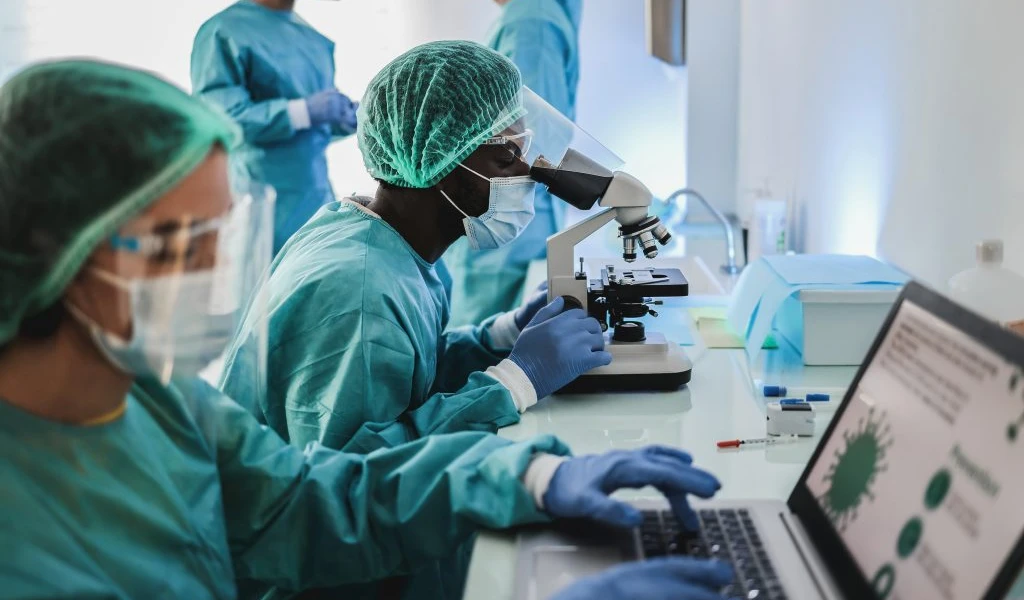The global scientific community has made tremendous progress in developing vaccines against COVID-19, but despite the administration of over 2 billion doses of vaccine worldwide we remain locked in a deadly race with the virus. The increased transmissibility of some variants of concern, for example, have resulted in higher case counts, a greater burden on health systems and, sadly, more deaths.
We know that it's only a matter of time before another pandemic threat emerges. When it does, we should hopefully be in a much better position to prevent the level of devastation inflicted by COVID-19. For instance, the response to this virus has led to vast scientific advances, including the remarkable success of mRNA technology, which made it possible to develop jabs for a previously unknown pathogen in less than a year, rather than the decade or more it would traditionally take. There is also a rare alignment, political focus and shared interest in ensuring the global system is better equipped to deal with the next pandemic.
Strengthening the global response to COVID-19, increasing access to vaccines, and bolstering global pandemic preparedness will be at the top of the agenda at the G7 meeting in Cornwall on June 11 to 13, 2021.
We caught up with Dr Richard Hatchett, CEO of CEPI—in the first in a series of reflections in the run-up to G7 summit—to get his views on the progress that has been made so far in the global response to COVID-19, what more still needs to be done to control the pandemic, and what the world needs to do to prepare for future pandemic threats.
Q: What do you think COVID-19 has taught the world in terms of collaboration and unity?
A: The COVID-19 pandemic has caused immeasurable human suffering and economic harm, shaking the very foundations of our society. It connects all of us because it affects all of us.
There is a humanitarian and epidemiological imperative to tackle this virus everywhere. From the earliest stages of the pandemic, the global scientific community rallied together and that effort, coupled with the capability of industry and public sector funding, has provided the world multiple safe and effective vaccines in the space of just 1 year. Well over a billion doses have now been administered worldwide in the 6 months since stringent regulatory authorities issued the first emergency use authorizations.
These achievements testify to what can be accomplished when humanity unites behind a common cause, like COVID-19. But there is still much work to be done to end the acute phase of this pandemic. The threat of viral variants looms large and the inequity of vaccine distribution poses major challenges, both for the lower income countries that are deprived of vaccine and for any hopes we might have of controlling the virus globally.
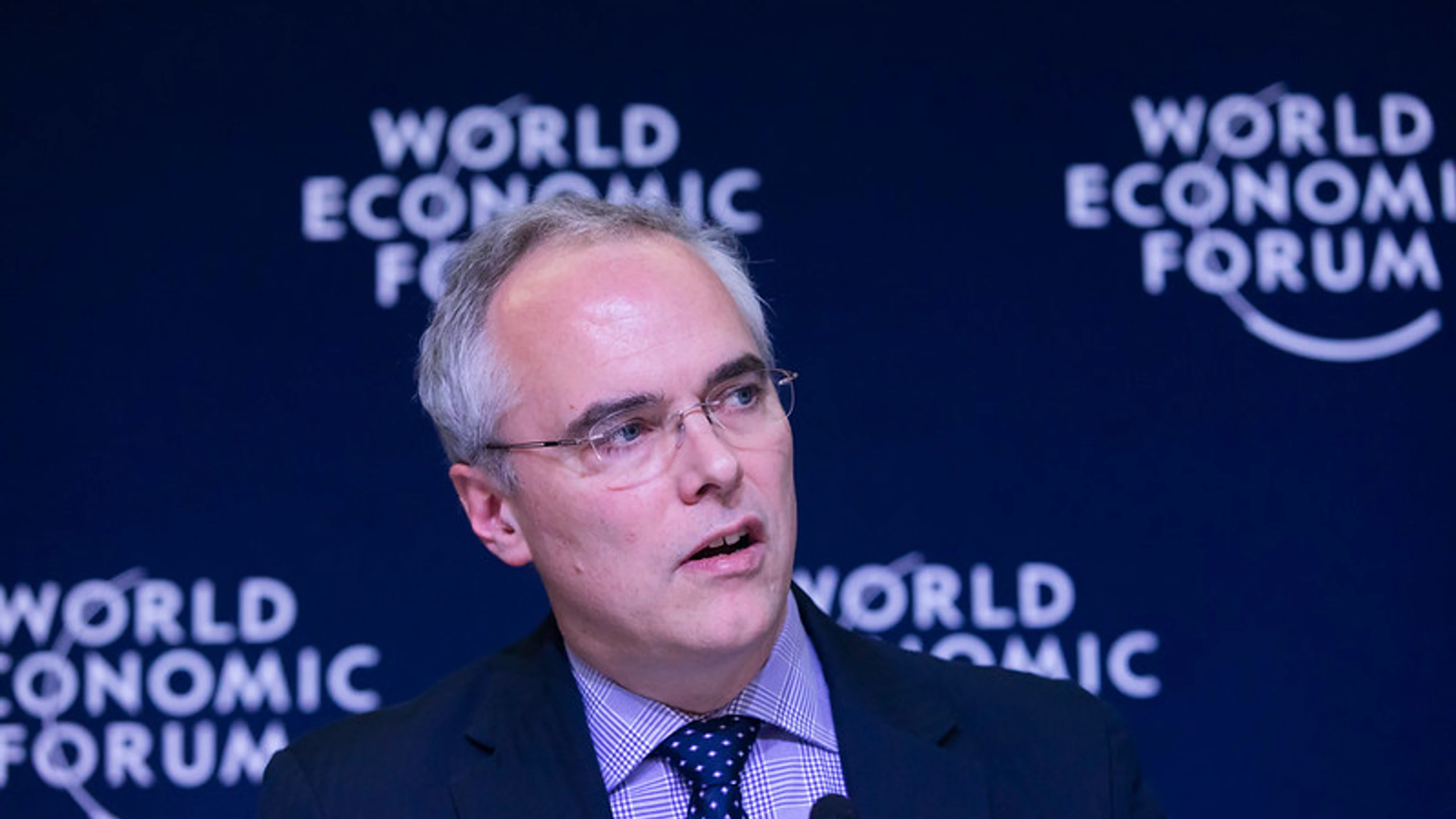
Richard Hatchett, CEO of CEPI, speaking at the World Economic Forum
However, through COVAX—a global initiative to enable equitable distribution of vaccines��—the world now has a working mechanism to deliver vaccine for the populations at greatest risk all around the world by the end of 2021.
As we look toward the future, global leaders must find the courage to act collectively so that the world can emerge from this pandemic stronger, more united, and better prepared for future epidemic and pandemic threats.
Reducing the risk of future pandemics and epidemics is a critical global issue that will benefit every single human on earth. After COVID-19, this shouldn't be a hard call.
Vaccine is still scarce and scarcity is the enemy of equity. We need to scale up production as quickly as we possibly can.
What are some of the measures or solutions that have been put in place so far to promote equitable access to vaccinations?
CEPI responded with great urgency to the COVID-19 outbreak, making our first vaccine investments on Jan 23, 2020, when there were just 581 confirmed cases of COVID globally. Today, we have invested over $1.3bn in 12 vaccine programmes, two of which have received emergency approval and are now playing a major part in global vaccination efforts and a third that has completed a successful Phase 3 trial and is awaiting emergency approval.
To support equitable access to these life-saving vaccines, CEPI, Gavi, WHO, and Unicef set up COVAX, with an aim of developing, procuring and distributing vaccine to all participating countries by the end of 2021 to end the acute phase of the COVID-19 pandemic. So far, COVAX has shipped over 68 million COVID-19 vaccines to 124 participating economies. This progress is remarkable, but many challenges remain.
First, in global terms, vaccine is still scarce and scarcity is the enemy of equity. We need to scale up production as quickly as we possibly can. We need to secure manufacturing supply chains and optimize production processes.
Countries with surplus vaccine need to share it, now. Ultimately, we need to expand global manufacturing so that it is distributed more equitably and not captive to the urgent domestic needs of populations in large countries.
Finally, crucial R&D funding is required to advance the development of next-generation vaccines that are broadly effective against the variants and that can be used in lower-resource settings and in all populations.
CEPI's long-term plan [is] to substantially reduce, and in the long-term even eliminate, the risk of epidemic and pandemic diseases. To realize such an ambition will require political will, ample resources, and sustained commitment, but it is imminently achievable.
How do we use vaccines to help the world emerge from the pandemic?
Vaccines are one of the most powerful tools we have against infectious diseases. The availability of multiple safe and effective COVID-19 vaccines will ultimately enable the world to turn the tide of the COVID-19 pandemic. But the world is now entering a more complex and unpredictable phase of the pandemic, in which some rich countries are well advanced in vaccinating their populations, while many nations are lagging behind. This inequity has left countries, such as India and Brazil, exposed to devastating new waves of disease and the whole world at risk of the emergence of novel virus variants with the potential to evade existing vaccines. To defeat this ever-evolving foe, we're going to have to be strategic and tactical in how we use our vaccine. We're going to have to be fast. And we're going to have to focus our efforts on ending the pandemic.
That's why it is so important to ensure that the vaccines we have developed are shared globally, as a matter of the greatest urgency, to reduce the prevalence of the disease, slow down viral evolution, and ultimately control the virus. COVAX is the only global plan on the table that is specifically designed to end the pandemic. It will do that, first and foremost, by enabling equitable access to COVID-19 vaccines for the most vulnerable populations around the world.
We now also have the technologies, methods, and experience to accelerate the process of vaccine development even further — so that we're ready to tackle the threat posed by variants.
In the longer term, CEPI aims to build on the technological advances forged through the COVID-19 response to support the development of vaccines that are broadly effective against Betacoronaviruses (including SARS, MERS, and COVID-19), to eliminate the threat presented by such viruses. We also plan to develop prototype vaccines against many other classes of threat and are working with partners to compress the vaccine development process to just 100 days.
These objectives are part of CEPI's long-term plan to substantially reduce, and in the long-term even eliminate, the risk of epidemic and pandemic diseases. To realize such an ambition will require political will, ample resources, and sustained commitment, but it is imminently achievable. We have the tools, we know what we need to do, and the opportunity is in front of us.
Learn more about CEPI's plan to end pandemics here
